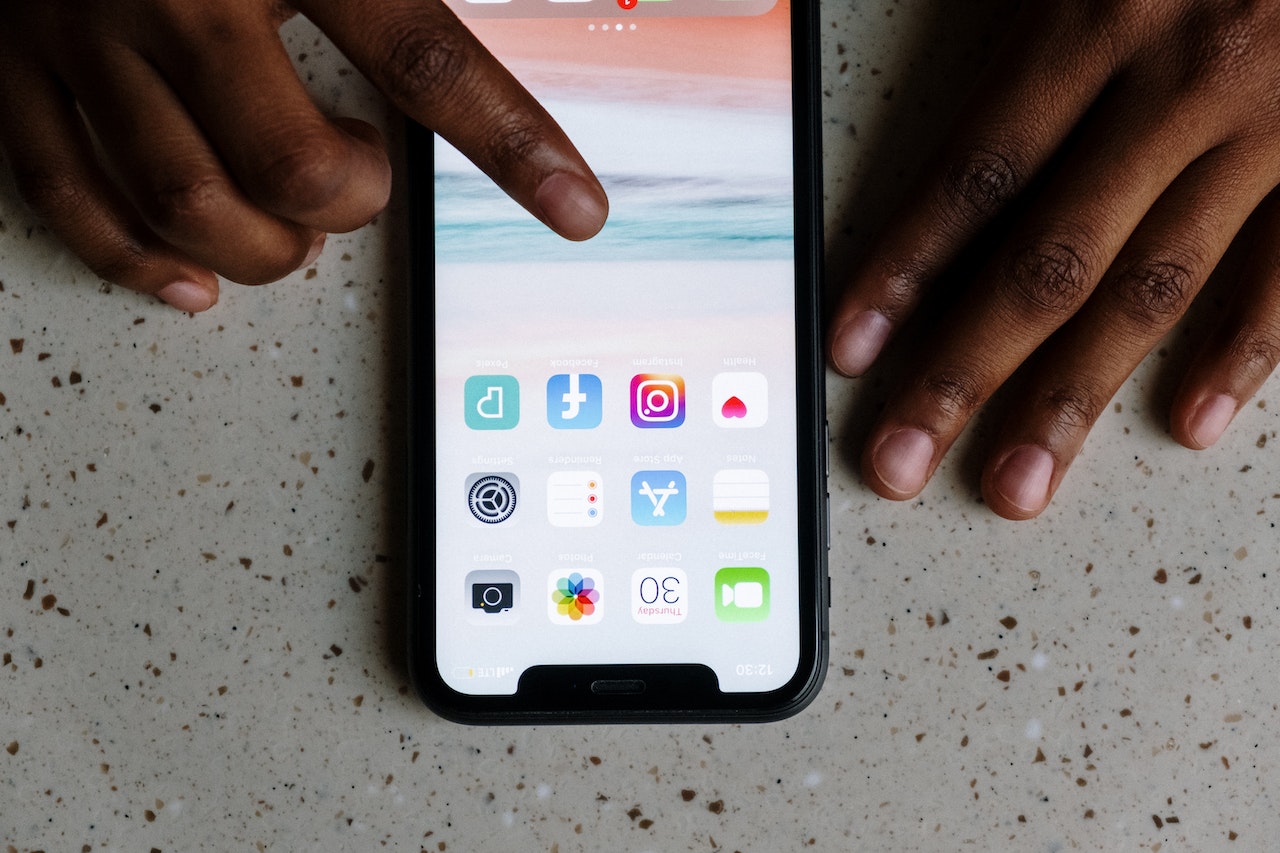One of the easiest ways to entertain and deliver information to your audience is via a comparison video.
As a creator, a comparison video is not just a great way to showcase your expertise, but also to promote your brand.
Whether it’s figuring out which laptop is right for them, sizing up two career options, or any other topic where the viewer needs to make an informed choice, comparison videos can be immensely helpful for creators, to demonstrate your expertise or even promote your brand.
Here are our top tips on how to make a comparison video
Simplify, simplify, simplify
The goal of a comparison video is to be direct and clear. Don’t beat around the bush or use jargon, because this is an audience that’s likely curious about your topic and not quite an expert in it yet.
In this video, the comparison between UI/UX design and graphic design is covered, Design Gal breaks down the information so it’s easier to follow. She covers different sub-topics to give a holistic view of each career, including the differences in project types, management styles, and overall goals. Here’s an example:
Make It A Fair Comparison
The first thing to keep in mind is that your comparison should be realistic. Remember to make it a fair one–these should be two things that could potentially be substituted for one another, so many of the specs would be quite similar.
Remember to focus on similarities, as well as differences to give your audience the full picture.
An example is this video by SuperSaf, where he compares three variants of the same phone model. This is something that phone buyers would definitely be interested in, as this can save them a lot of bucks. For example, this video:
Keep Your Audience In Mind
As we’ve often said in the ChopChop blog, your audience and purpose determine the format and length of your video. For best results, make sure you have a specific persona in mind you are targeting your video to.
Even if it’s not a product, think about who will watch the video you’re making. Is it students who want a detailed comparison? Is it busy moms? Will they want to see a demo first or your commentary first? How much technical language can you use? How long should the video be to cover all the points?
These are all things you can figure out with your audience in mind. For example, there are tons of videos out there comparing the iPhone 13 to the Samsung Galaxy S21. However, Danny Winget chose to focus on their camera capabilities.
Don’t Skip Out on Research
Research is paramount, especially if it’s your own product or service you’re marketing via this video. This may seem a bit counter-intuitive. After all, you know your brand best, right?
In order to figure out the best way to pitch your product, you will have to do a decent amount of competitor research. Studying their advertising techniques will also help you figure out which kind of messaging to avoid.
Test Before Launching
One great way to assess how clear your video content has come out is to test it with someone unfamiliar with the product/ service or subject matter. If they’re able to follow along and comprehend, then you’ve got an effective comparison video.







